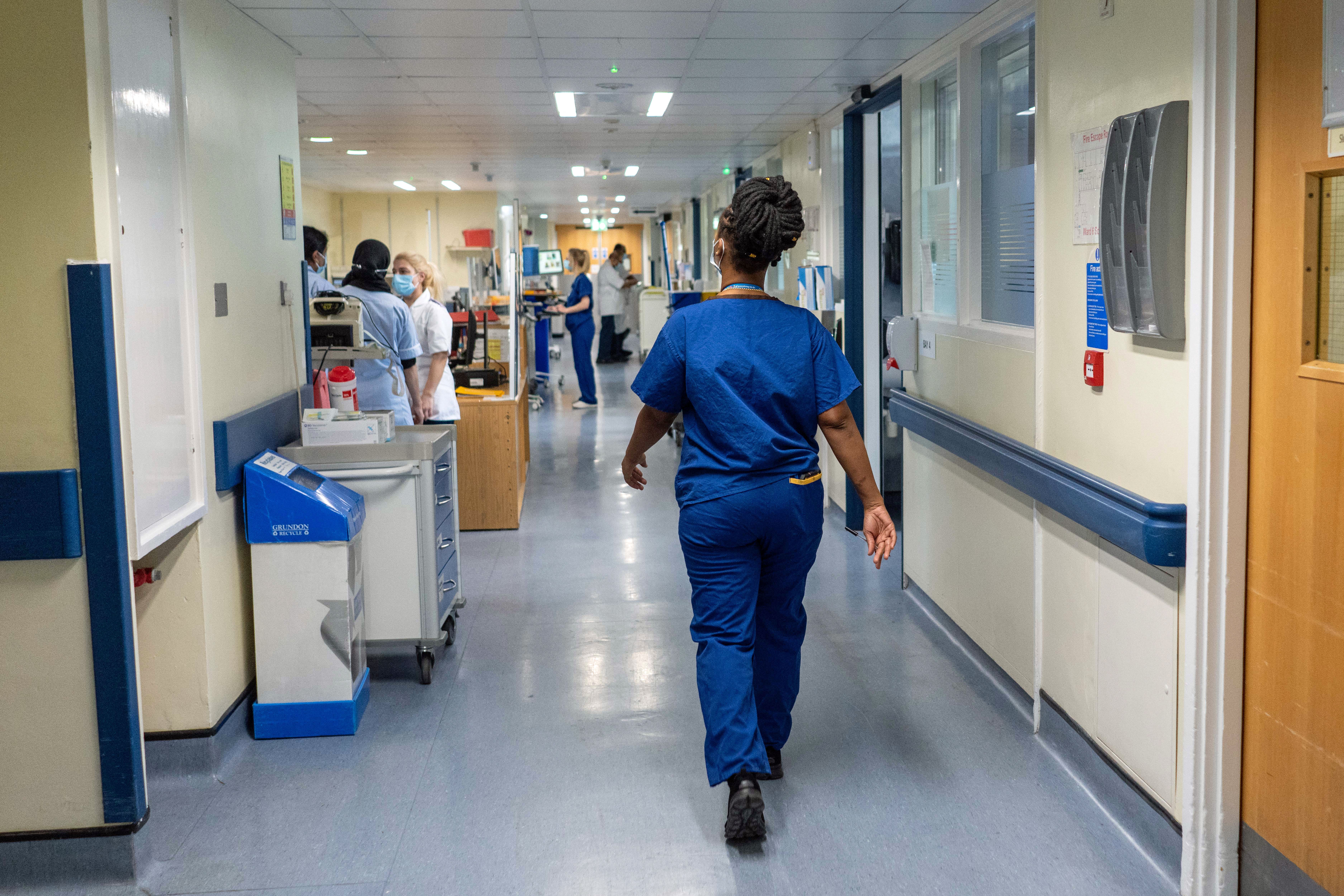Payments for clinical negligence in NHS rise to almost £2.7bn
Mistakes in maternity care accounted for a large proportion of claims by value.

Your support helps us to tell the story
From reproductive rights to climate change to Big Tech, The Independent is on the ground when the story is developing. Whether it's investigating the financials of Elon Musk's pro-Trump PAC or producing our latest documentary, 'The A Word', which shines a light on the American women fighting for reproductive rights, we know how important it is to parse out the facts from the messaging.
At such a critical moment in US history, we need reporters on the ground. Your donation allows us to keep sending journalists to speak to both sides of the story.
The Independent is trusted by Americans across the entire political spectrum. And unlike many other quality news outlets, we choose not to lock Americans out of our reporting and analysis with paywalls. We believe quality journalism should be available to everyone, paid for by those who can afford it.
Your support makes all the difference.Payments for clinical negligence in the NHS rose by 9.5% in 2022/23 to almost £2.7 billion, figures for England show.
Annual accounts from NHS Resolution, the body that handles claims, show that mistakes in maternity care continue to account for a large proportion of claims by value.
Recent inquiries have shown how NHS failures to properly monitor babies during labour and after birth, and to provide adequate care to mothers, can leave people with lifelong injuries or can lead to death.
The arm’s length body of the Department of Health and Social Care (DHSC) said in its report: “Despite the positive changes … that NHS Resolution has been able to deliver, the overall cost of clinical negligence continues to rise and remains of concern.”
Obstetric claims account for 13% of clinical claims reported in 2022/23 but for 64% of those claims by value ... each incident leading to heartbreaking consequences for a family
The study added: “On our clinical schemes, costs are driven primarily by damages for those who are, tragically, severely harmed and who need provision for specialist care.
“Obstetric claims account for 13% of clinical claims reported in 2022/23 but for 64% of those claims by value (up from 62% the previous year), each incident leading to heartbreaking consequences for a family.
“This is why we have focused so much of our resource on addressing the causes and management of incidences of brain injury sustained at birth, which have a life-long and devastating impact.”
The next highest categories of claims after maternity (by volume) were emergency medicine, orthopaedic surgery and general surgery, the report found.
NHS Resolution said in the study that 80% of all clinical claims were settled without entering court proceedings, the highest ever volume achieved and up from 77% in 2021/22.
The report also detailed how NHS Resolution was using data to prevent future harm.
In one study, concerns were identified in three cases about a doctor in trauma and orthopaedic surgery.
“These included serious concerns about his standard of clinical practice and that he had been rude to junior colleagues both on the ward and in theatre, with indications that the care provided to some patients had caused harm and led to claims of clinical negligence,” the study said.
A review found further claims involving the same doctor across a number of other trusts who had employed him previously.
As a result, the NHS trust currently employing him was contacted and an action plan was developed to address and resolve performance concerns.
“Both the trust and the doctor fully engaged with the support provided,” the report said.